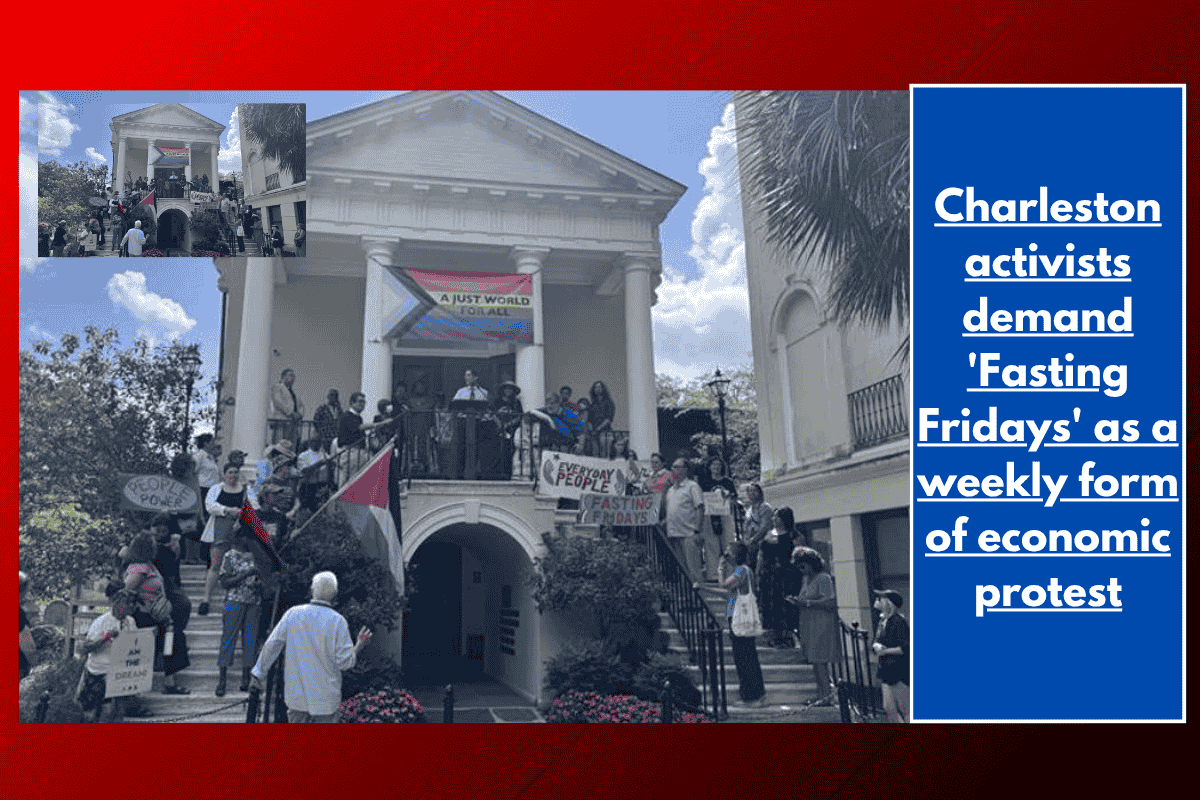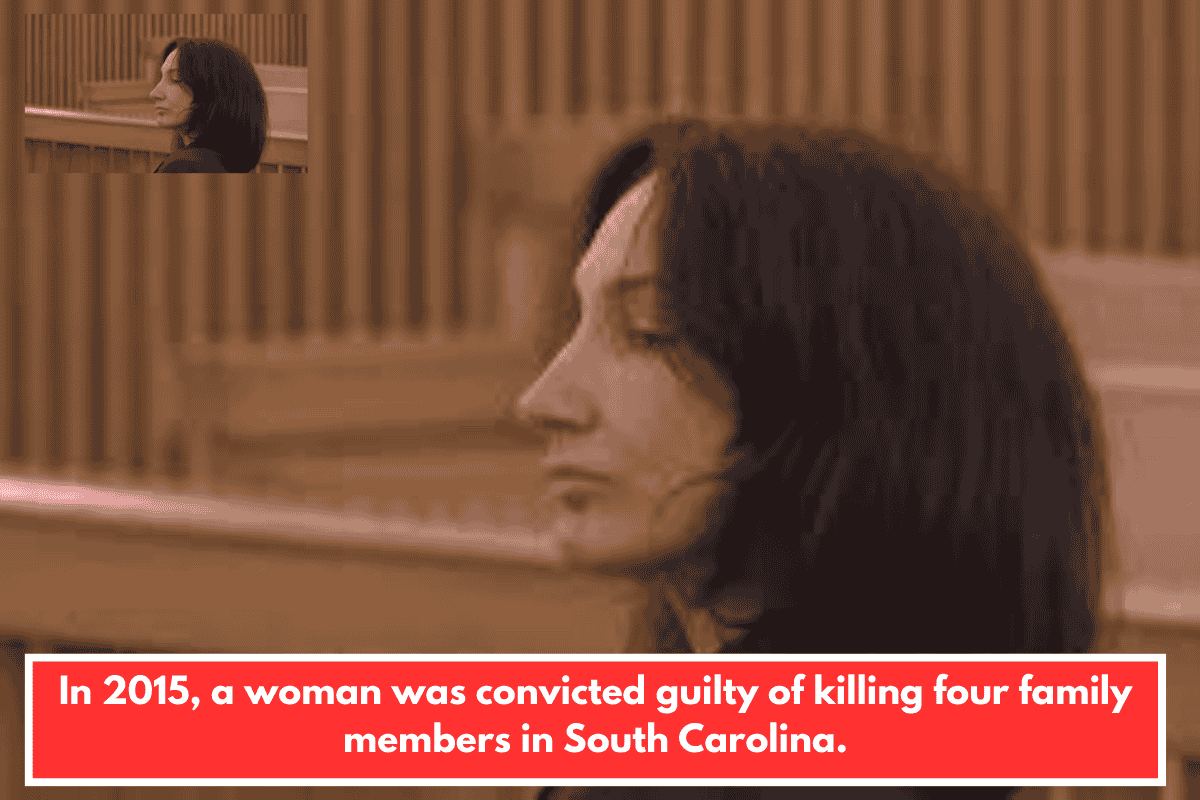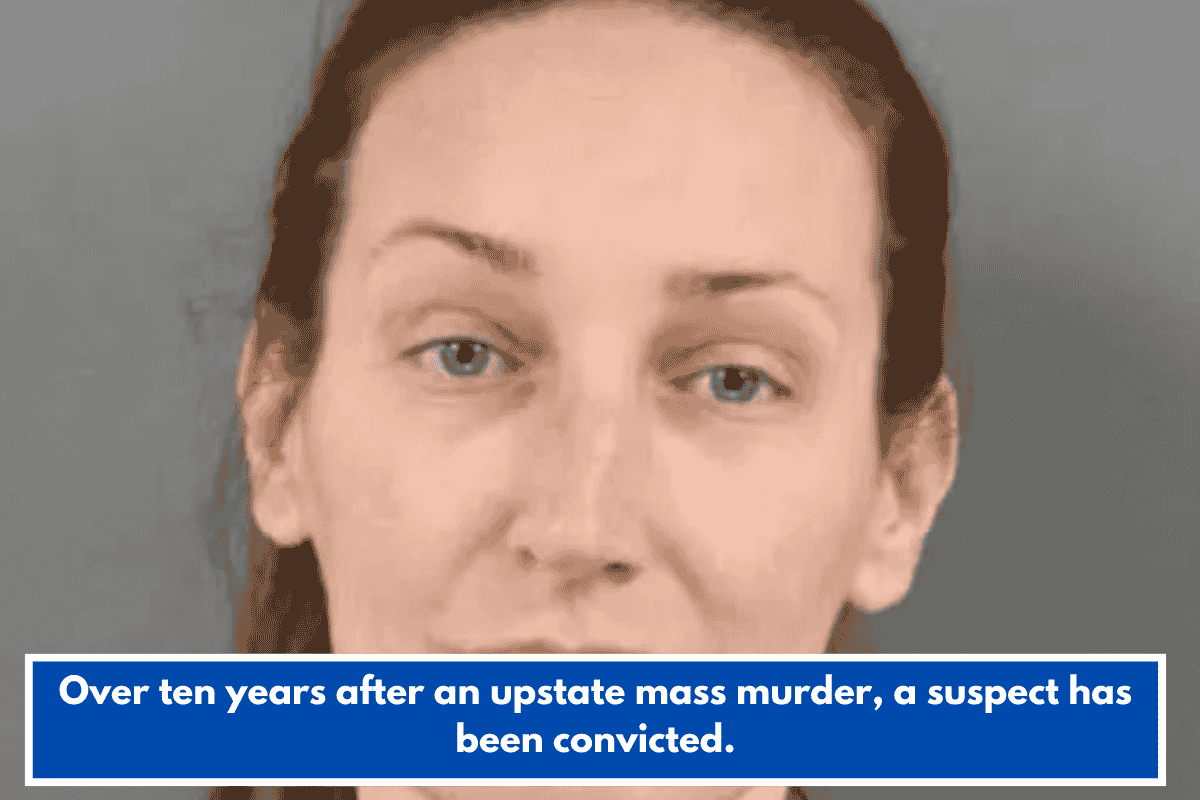A coalition of activists, faith leaders, and community members gathered at the Circular Congregational Church in downtown Charleston on Wednesday to launch a nationwide boycott aimed at addressing white supremacy and racial injustice. The initiative, which is centered around a weekly “fast” from spending every Friday, encourages participants to withhold their dollars as a form of peaceful protest.
The Call for Economic Protest
The movement, led by local activist Dr. Millicent Brown, urges people to withdraw from the consumer system for one day a week, with the goal of sending a powerful economic message. “We will hold our dollars. We will withdraw from the system. We will dissent one day a week and stand in solidarity together,” Dr. Brown said during the rally.
The boycott is designed to unite people of all races, religions, and backgrounds. Dr. Ghazala Javed, an interfaith leader, emphasized that the protest is about humanity rather than specific religious or racial identities. “We are in it together. This is not about religion. This is not about color. This is about humanity,” she stated.
Supporting Local and Marginalized Businesses
Along with the boycott, activists are encouraging the community to support black-owned and marginalized small businesses. “It is the work of lifetimes and our lifetime,” Rev. Michael Shaffer of Saint Mark’s Episcopal Church reminded the crowd, calling for a sustained effort to challenge systems of racial injustice.
The movement aims to harness economic power to challenge entrenched inequality, with a particular focus on encouraging change at the local and national levels.
Addressing Government and Institutional Issues
Activists also used the opportunity to call for broader political and social changes. Alfred Peeler, a speaker at the rally, demanded an end to ICE raids and a commitment to the equal rights of all individuals. “We demand that you stop your attacks on institutions of higher education and libraries, reinstating all funding and ensuring their independence from government overreach,” Peeler stated.
The boycott’s goals extend beyond economic action; it also seeks to address the long history of racial injustice, particularly related to marginalized communities and immigrant populations.
Marking Important Anniversaries
The launch of the boycott coincides with the 10-year anniversary of the tragic shooting at Mother Emanuel AME Church in Charleston, which claimed the lives of nine black churchgoers. The movement is a direct response to the shooter’s chilling prediction that white nationalists would rise to power and free him. The boycott also comes a decade after the shooting of Walter Scott, an unarmed black man who was killed by former North Charleston Police officer Michael Slager. Scott’s family, along with activists, have pleaded for an end to racially motivated policing and police violence against marginalized communities.
Dee Scott, the mother of Walter Scott, spoke passionately about the impact of racial profiling and police violence: “No more racially motivated stops for fitting description, broken taillights, tinted windows, and any other fourth amendment violating pretax that forces the poor and marginalized to live in fear, in fear of police violence while also stealing their time,” Scott said.
Continuing the Fight for Change
The activists behind the “Fasting Fridays” movement have vowed to continue their protests every week until meaningful changes are made at all levels of government. The boycott seeks to create a lasting impact by using economic pressure to drive social and political change, demanding justice and equality for all.














